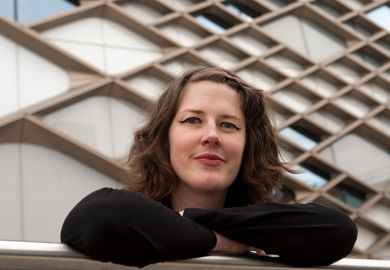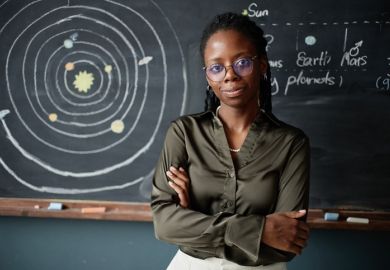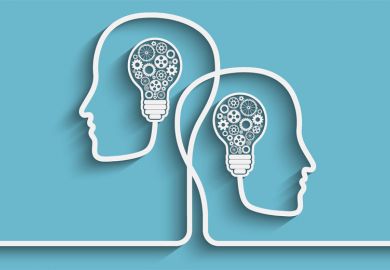"Oh! So…Music. How do you hear music, then?” For most hearing people, music is the watermark of deafness.
We recently explored this in my advanced undergraduate seminar. We were discussing Nina Raine’s play, Tribes, which deals with deafness in the family and features frequent snatches of scripted music. I asked the class: “So, tell me: what do you hear when you hear music?” They stared at me, eyes wide, a bit dumbfounded (but not deaf and dumb). They could not answer. They did not know.
My point to them was that deafness creates certain preconceived (and rather shallow) notions even to this day – for all our imagined enlightened approaches to human difference. My (current) deafness is less a specific “impairment” that I carry all by myself and more a socially constructed phenomenon: shared and shifting in so many contexts, and in the eyes and minds of my “beholders”. Music is relational, contextual: shared between musician (producer) and audience (receiver). Deafness is just like that.
Hearing loss (hearing-impaired is an all-round negative term, created under a false pretence, that pretty much no one likes) is quite prevalent. According to the World Health Organisation, more than 5 per cent of the world’s population – 360 million people – have disabling hearing loss (amounting to 328 million adults and 32 million children). And according to the Hearing Loss Association of America, about 20 per cent of Americans report some degree of hearing loss, rising to about one in three at age 65.
So I’m not really all that unusual. I’m just a person who has figured out the potent possibilities of adaptability, flexibility and creative problem-solving – and who has added a daily dash of whimsy when I can – to living a life with (genetic) hearing loss.
This is not to say there haven’t been some struggles and even some meltdowns. These hard things happen, I profess. Both whimsy and woe occur – and frequently – when you receive language through “real-time” interpretation. My academic colleagues sometimes think the real-time captioner I use in various meetings is there to take depositions. Sign language interpreters, when I use them, are not always prepared for the discourse they encounter in an academic conference session or a university committee meeting. Colleagues marvel over how my office door is typically the only one always wide open; our offices sit across from busy classrooms and the heavy buzz of student voices and foot traffic disturbs them while, to me, it serves only as light white noise – a music in and of itself.
At the start of a term, my students are often a bit unsettled by the extra bodies (an interpreter or a captioner, and sometimes both) in our classroom, but soon become entirely habituated to the new patterns of communication. They also come to accept – and expect – my self-conscious moments of humour, as I “get by with a little help from my friends” and share with them some of the interesting reshapings and near-misses that occur in translating their words to me. However, as someone who loves language and remains in awe of how it works and yet always transcends its own workings, I’m OK with both the whimsy and woe.
I am just a human being, creative and adapting. I have professed for 25 years, on subjects both inside and outside my deafness in university classrooms, academic conferences, public presentations and daily interactions. My deafness is always there. But no more so than my identities as first-generation college student, rural Kansas farm girl, working single mother, swimmer, yogi, bourbon fan and sports-loving soul are also there – very there, always there.
Brenda Jo Brueggemann is professor and Aetna chair of writing at the University of Connecticut.
Times Higher Education will be publishing more stories of disability on campus throughout the week. Follow #DisabilityOnCampus on Twitter for updates.
Register to continue
Why register?
- Registration is free and only takes a moment
- Once registered, you can read 3 articles a month
- Sign up for our newsletter
Subscribe
Or subscribe for unlimited access to:
- Unlimited access to news, views, insights & reviews
- Digital editions
- Digital access to THE’s university and college rankings analysis
Already registered or a current subscriber?







